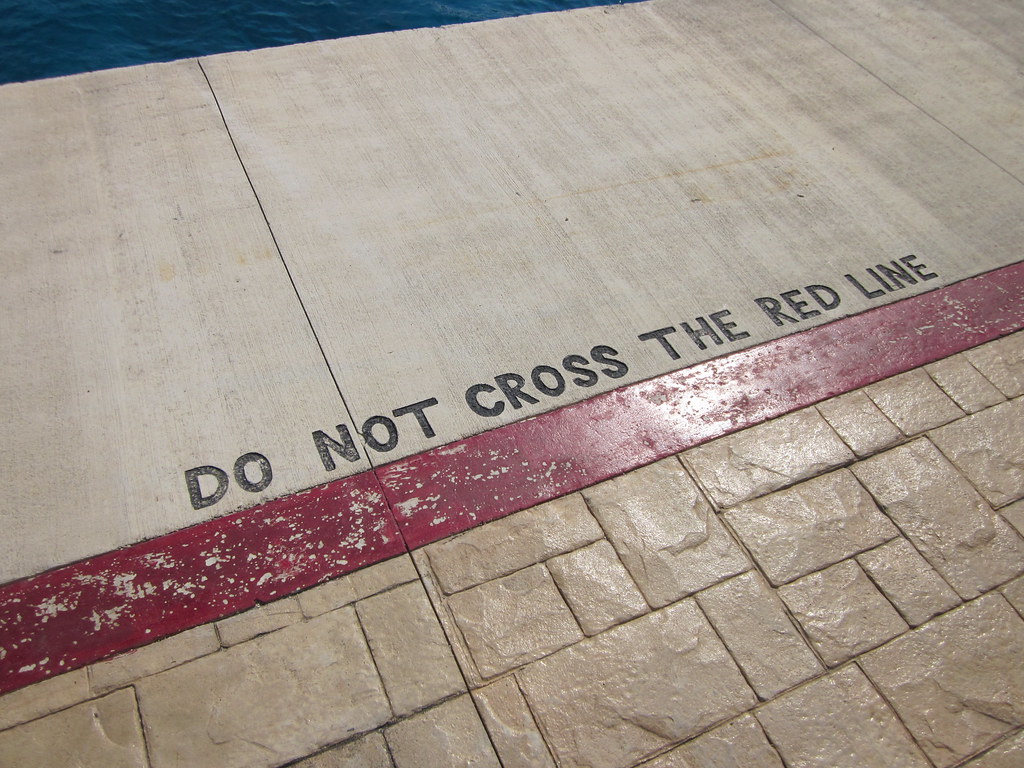Tarot cards, often shrouded in mystique and often regarded with skepticism, have carved out a notable niche in various spiritual practices. The enigmatic nature of tarot raises a pertinent question for many: What do my tarot cards mean within a Christian perspective? In examining this topic, we delve into the rich interplay between tarot symbolism and Christian theology, offering a nuanced exploration of belief systems.
The tarot deck consists of 78 cards, divided into the Major and Minor Arcana. The Major Arcana consists of 22 cards that represent significant life events and spiritual lessons, while the Minor Arcana, comprising 56 cards, reflects the day-to-day experiences and challenges. Each card is imbued with symbolism and imagery that can evoke reflections on one’s life path. However, Christian doctrine often emphasizes reliance on scripture and divine revelation rather than divination tools, leading to an intriguing intersection of ideas.
Many Christians regard tarot as a practice that veers away from faith-based teachings. The Bible warns against fortune-telling, divination, and practices that may divert attention from God’s will. For instance, Deuteronomy 18:10-12 admonishes against seeking guidance through such means. This caution stems from the belief that tarot can lead individuals to rely on human understanding rather than divine wisdom, potentially placing their soul in jeopardy.
Nevertheless, some individuals perceive tarot as a symbolic language that speaks to the human experience, illuminating inner turmoil and guiding individuals through personal growth. From this perspective, the imagery of the tarot can resonate with themes found within Christianity, such as redemption, providence, and the power of choice. For instance, The Fool card, often representing new beginnings and potential, can parallel the Christian concept of faith and stepping into the unknown with trust in God.
When examining specific tarot cards, various interpretations emerge that can resonate with Christian ideas. The Empress, symbolizing abundance and nurturing, might remind believers of God’s providential care and the importance of stewardship over creation. Similarly, the Strength card, which signifies courage and resilience, aligns with biblical teachings about facing adversity with faith and determination.
Conversely, the Death card, which signifies transformation and the end of a cycle, can invoke fear for some. However, within the Christian frame, this card can be interpreted as a metaphor for resurrection and renewal, akin to the everlasting hope found in the resurrection of Christ. It highlights the potential for new beginnings that arises from loss, a profound theme in both tarot and Christian narratives.
The Hermit card also merits discussion. Representing inward reflection and the search for truth, it echoes the Christian practice of contemplation and prayer. Isolation in the pursuit of divine wisdom is not only encouraged in Christianity but is also mirrored in the imagery of this tarot card. The solitary journey provides clarity and a pathway to spiritual awakening, fostering a deeper connection with God.
Engagement with tarot from a Christian perspective often centers around the intention behind its use. Christians can view tarot as a reflective tool rather than an absolute guide. It could serve as a means for self-examination and spiritual introspection, positing a dialogue between the individual and their faith. This approach allows for a nuanced adoption of tarot while remaining grounded in Christian beliefs.
In contemplating the ethical implications of tarot card reading, Christians must consider the potential for deception or misunderstanding. Genuine spiritual guidance is paramount; therefore, using tarot ought to be approached with caution and discernment. Many argue that what ultimately matters is the heart’s positioning and the attribute of seeking God’s truth above all else. Consulting tarot for clarity in difficult circumstances can be a reflection on one’s spiritual needs and desires.
Additionally, it is essential to acknowledge that interpretations of tarot can vary significantly among practitioners. Some readings may align closely with Christian tenets, while others may diverge towards more esoteric explanations. This disparity necessitates a discerning spirit, as individuals must weigh their insights against biblical foundations. One’s interpretation should always lead back to scripture and the love of Christ, thereby serving as a guiding compass rather than a replacement for spiritual direction.
Furthermore, a growing number of Christians engage in tarot as a part of a broader, faith-affirming spiritual practice. These practitioners emphasize the importance of contextualizing tarot within a Christian worldview, curating their readings to reflect biblical principles. By fostering a dialogue with the cards through a prayerful lens, they navigate the complexities involved while aiming to honor their faith.
So, what do my tarot cards mean in a Christian perspective? Ultimately, the intersection creates a space for dialogue about self-awareness, introspection, and spiritual growth. Though readers may encounter varied interpretations, the key lies in approaching tarot with a sense of openness and caution, ensuring alignment with one’s Christian convictions through ongoing reflection and prayer. By recognizing tarot as a symbolic exploration of life’s mysteries, one engages with the cards while remaining anchored in faith.
In conclusion, tarot cards can provide a meaningful lens through which to examine life’s challenges and opportunities, even within the framework of Christianity. They invite reflection and catalyze conversation about life’s path while fostering a deeper understanding of divine guidance. By balancing spiritual exploration with biblical principles, tarot can, indeed, serve as a valid tool for those seeking illumination on their journey of faith.







Leave a Comment